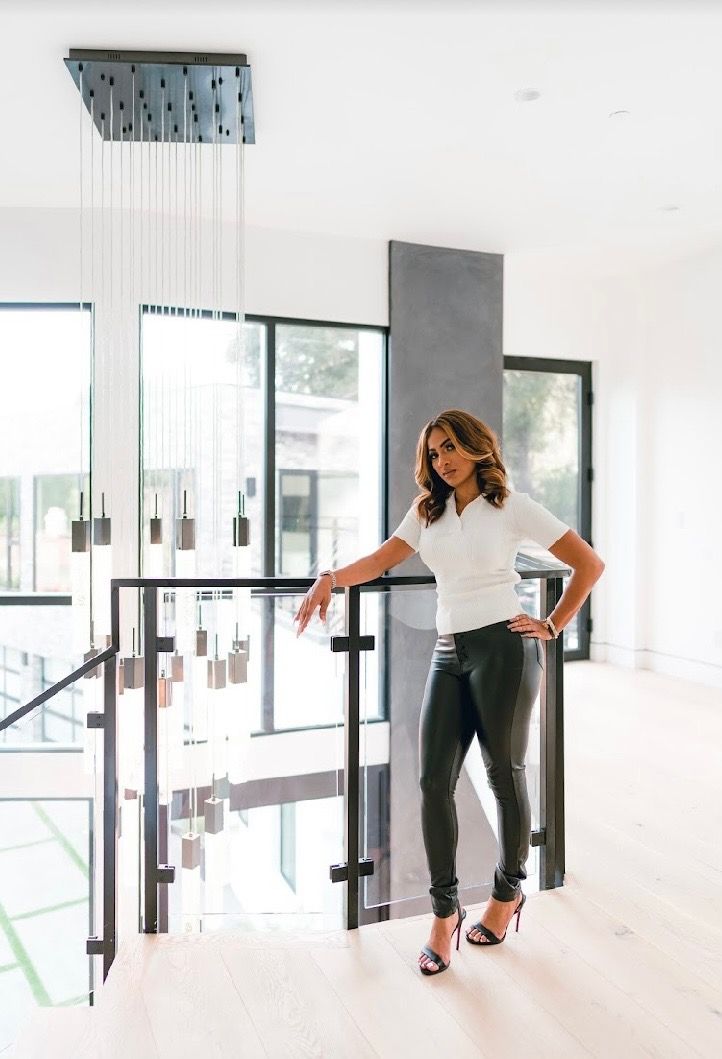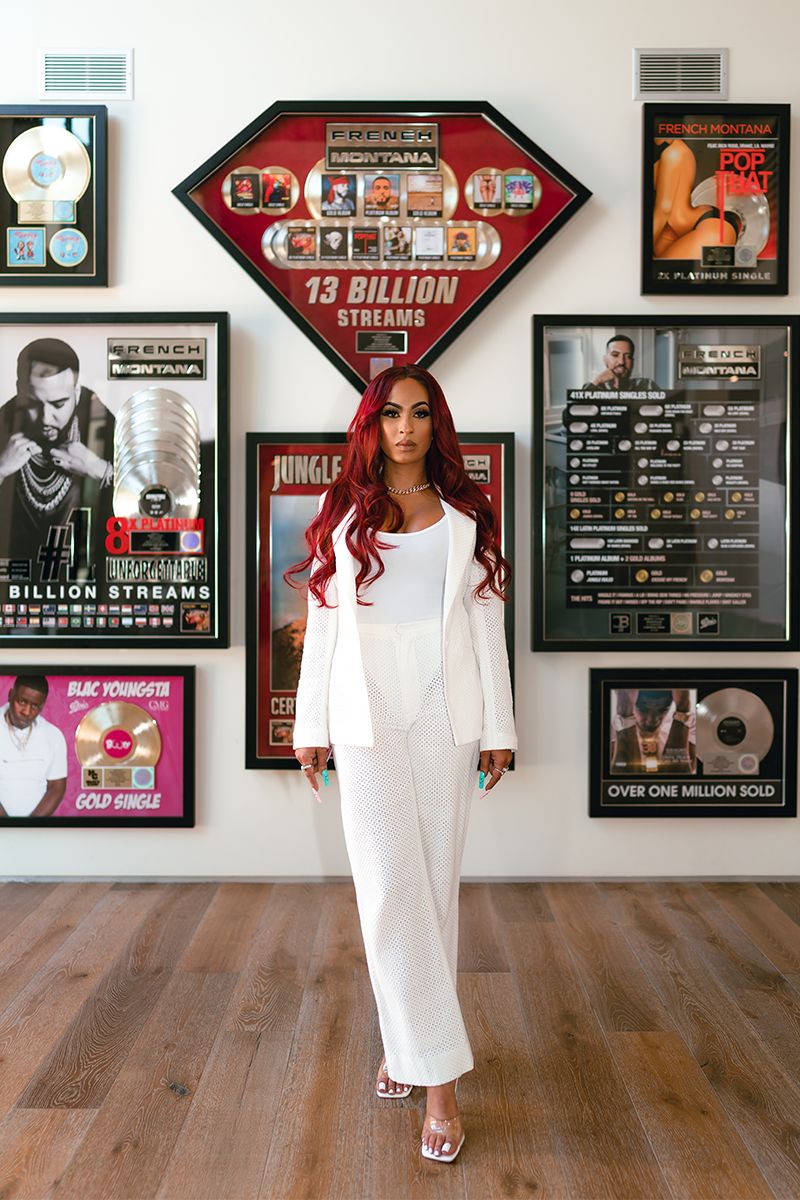Today’s creatives who aspire to reach the top of their industries face a steep road to success. This is especially true of musicians, who are confronted by an array of choices when they search for a reputable record label. With so many unknown and inexperienced “music extraordinaires“ targeting the uninformed, it can be easy to fall victim to fraudulent labels, unfair deal terms, and other hazards.
Music insider Zoë Young is a well-known A&R who has developed and broken some of the nation’s most recognized artists, including French Montana, BIA, Trina, and DDG. Below, Zoë gives insights into what to look for in a good record label and how to avoid trusting the wrong people with your precious career as you realize your dreams.
Zoë says it’s important for artists to understand what to look for in a good label. “First, there are different types of labels, including those that are major and those that are independent. Each label has its own strengths and ways of helping artists, but no matter which one you choose, you should really look mainly at the terms of the deal being offered and how you will be compensated for your talents and performance. You also want to be sure that there’s someone on the inside who will be a good chairman for you, your A&R.”
If an artist receives offers from different labels, there’s more to consider than just the money they will be receiving. “It’s crucial that you look at the point person,” Zoë believes. “You will be depending on this person a lot, so make sure to do your due diligence. What is their background, what other artists have they worked with, and what songs or projects are they responsible for? I suggest doing a deep dive into their resume and credentials. You may have a deal that’s for five years. That’s a long time. You might get dry, and people might not be motivated to keep working.”

It’s why Zoë highly recommends that the artist knows who they will be dealing with at the label everyday. “With music, just as fast as you become hot, you can become not. So, you will always want to have somebody in your backpocket who is willing to try with you over and over again if you hit a rough patch, which is not uncommon.”
Last, she says to look closely at the deal terms when choosing between labels. “To understand those, you for sure need to get a good lawyer who can help you to look under the hood.”
Zoë is often asked if an artist should evaluate record labels by how much money they spend on their artists. “I don’t think that’s feasible because it doesn’t matter: the label could have $100 million and spend $95 million of it on one person. You wouldn’t be able to see those numbers. You should instead look at how many artists the label has and how they are being supported. That’s important because they can determine what role an artist will play at the record company.”
No matter how attractive the deal might be, however, Zoë advises that the artist pay attention to any warning signs that indicate they should walk away from a label.
“If other artists are bashing the label and saying, ‘Hey, we’re having a hard time with them’ or are speaking against them in public, that’s an indicator that you might have some of those issues, too. For artists to speak out against the label means they’re facing some harsh internal problems, so taking a deeper look might be wise.”
She stresses that any artist should focus on the person in the background. “This is the person who is going to be promoting you. You don’t work there, you’re not in the office everyday, and you’re not talking to everybody from every department, so who is? You’re going to have a publicity department, marketing, radio, a product manager, and much more. You will really need somebody in the building who is really trying to trump and deliver your project, usually the A&R person. Figure out who will be asking questions on your behalf and knocking on doors.”
Zoë states that every person at every label has multiple artists that they work on. It may not matter if the new artist is bigger or smaller than other artists or even on the same level – there is no guarantee that they will get the attention that they are looking for. Artists need someone who is going to fight for them everyday.
“Along those lines, you can do a lot to make sure that’s actually happening. I always recommend that you keep up with your A&R, manager, and/or point person,” Zoë adds. “Ask them what’s going on with the publicity department. ‘Am I doing any interviews? Do I have any new press?’ Check in with all the departments working on your project to stay ahead and not behind.”
She suggests that the artist go through the whole company and get with everybody that’s on the team who is supposed to be working towards a goal for them. “Who’s monitoring them? You need an internal person, but that can’t just be your manager. It needs to be somebody in the company who’s responsible for checking on everybody and pushing you through.”
In the end, no matter how great the record label may be, Zoë believes that artists must know themselves and trust themselves. “If you’ve got a dream in your heart and a passion in your soul, be yourself and let your music out so that the world can hear it and enjoy it with you. Stay true to yourself, and all else will follow sooner than you think.”
Zoë Young has over ten years of experience in the music industry and is the Founder of A&R University and President of Tha Lights Global. Determined to help more musicians to realize their dreams, she has created courses that are full of industry secrets as well as a proven formula that provides her students with the skills and knowledge they need to break into the music industry, promote their music, and advance their careers.
For more information on how Zoë can help you to get your foot in the door of the music industry and develop your brand alongside industry-leading managers, please visit:
This is a Contributor Post. Opinions expressed here are opinions of the Contributor. Influencive does not endorse or review brands mentioned; does not and cannot investigate relationships with brands, products, and people mentioned and is up to the Contributor to disclose. Contributors, amongst other accounts and articles may be professional fee-based.

